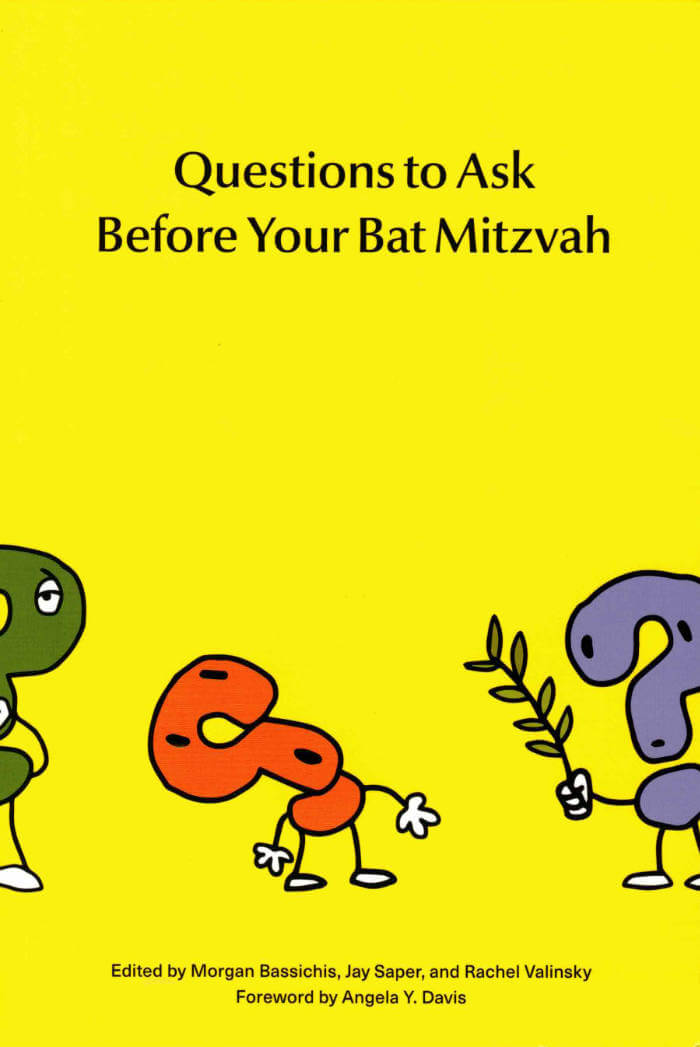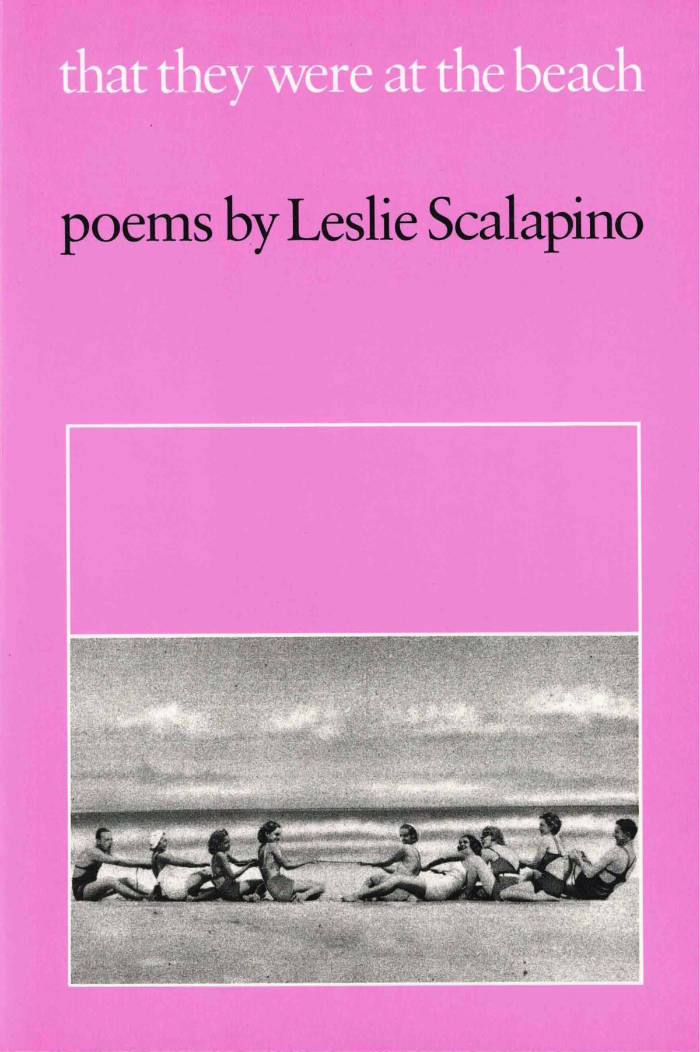
Love Poems
Three long poems by American writer, artist and actor Rene Ricard (1946-2014), an icon of the New York underground in the 1970s, accompanied by a series of drawings by American painter Robert Hawkins.
After Rene Ricard 1979–1980 and God with Revolver, Editions Lutanie publishes a third collection of poetry by the American writer, artist, and actor Rene Ricard (1946–2014), Love Poems.
Reprising the rare, eponymous book published by Richard Hell through CUZ Editions in 1999, Love Poems features three poems by Ricard and a series of black-and-white drawings by Robert Hawkins). Haunted by death, betrayal, and guilt, Ricard's poems speak from a wounded heart. Hawkins's accompanying drawings have the simplicity of children's book illustrations, but feature menacing shadows, broken cigarettes, used condoms, and petal-less flowers.
Translated into French by Manon Lutanie and Rachel Valinsky, and presented in a bilingual edition, the poems are followed by a newly commissioned afterword by Hawkins retracing his encounter, friendship, and collaboration with Ricard.
With Love Poems, Editions Lutanie reaffirms its decade-long commitment—initiated the year of Ricard's passing—to reissue his out-of-print works for English-speaking readers, while also presenting them for the first time to a French-speaking audience.
"With three simple poems, Rene Ricard exposes us to the often strained love within class stratification, between those coming together from different worlds, whether Bowery panhandlers or street hustlers, Hollywood movie stars or the highest echelon of European aristocratic wealth. Rene Ricard writes poems that are always honest. Sometimes painfully so."
—Patrick Fox
Robert Hawkins (born 1951 in Sunnyvale, California) is an American artist who lives and works in London. A fabled figure of the 1980s and early 1990s East Village art and punk scene, his work is and has been collected by artists and writers including Jean-Michel Basquiat, Glenn O'Brien, and Jim Jarmusch. Among Hawkins' first exhibitions was Lower Manhattan Drawing Show, a group exhibition curated by Keith Haring at 77 White Street Gallery above the Mudd Club, in 1981.
Rene Ricard was an American writer, artist, and actor. He was born in 1946 and grew up in New Bedford, Massachusetts. After a troubled childhood, he fled to Boston as a teenager, where he came into contact with literary and artistic circles. At the age of eighteen, he moved to New York City and became a central figure in the city's artistic and literary scene. Ricard appeared in several films by Andy Warhol and continued to act in many independent films throughout his life. In the 1980s, he wrote two major collections of poetry, as well as important essays and articles, some of which were instrumental in launching the careers of artists such as Julian Schnabel and Jean-Michel Basquiat (about whom he wrote the famous article "The Radiant Child" in Artforum in 1981). Beginning in the 1990s, he developed a pictorial body of work and exhibited his paintings in various galleries in the UK and the US. He died in New York in 2014.
Edited by Manon Lutanie .
Translated from the English (American) by Manon Lutanie and Rachel Valinsky.
Drawings and afterword by Robert Hawkins.
Published in 2024 80 pages







